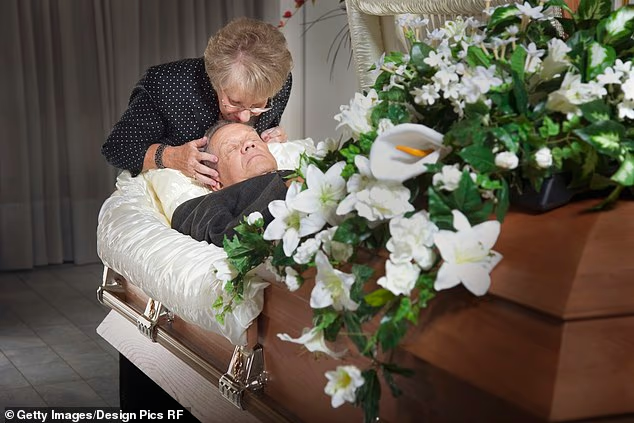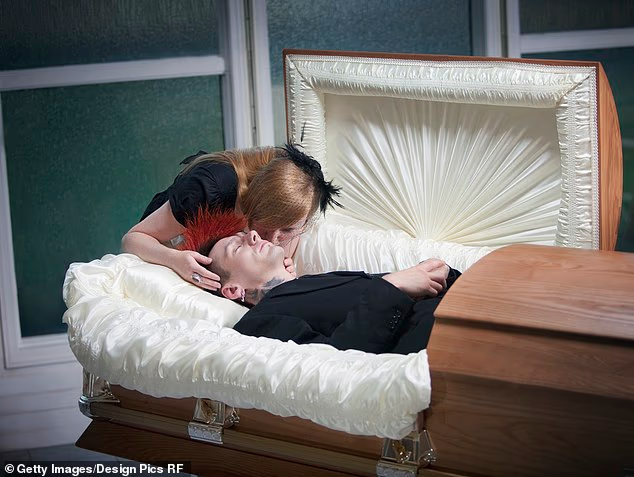
Kissing a deceased person on the lips is significantly riskier than kissing on the forehead because it involves direct contact with an area that may harbor more bodily fluids and pathogens. Here’s an in-depth explanation of the dangers:
1. Higher Risk of Infectious Disease Transmission
The mouth is a gateway for bacteria and viruses—both into and out of the body. After death, pathogens that were present in the respiratory tract, oral cavity, or blood can remain viable for a period of time.
If the deceased suffered from illnesses such as tuberculosis, influenza, COVID-19, hepatitis B or C, or herpes simplex virus, these organisms may still be present in saliva, mucus, or traces of blood.
When you press your lips directly onto the mouth of the deceased, you risk transferring these pathogens into your own system—especially if you have chapped lips, sores, bleeding gums, or a weakened immune system.
The risk is considerably higher than forehead contact because of the moist environment and the proximity to mucous membranes.

2. Exposure to Bodily Fluids
In the hours following death, certain fluids can leak from the mouth and nose as the body’s muscles relax. These fluids may carry bacteria, viruses, or toxins. Contact with them during a kiss can be a direct route of transmission.
3. Decomposition-Related Hazards
The oral cavity is one of the first places where decomposition begins. Anaerobic bacteria multiply rapidly, producing unpleasant odors and potentially harmful gases. In warm conditions, this process accelerates, making close contact with the lips unsafe.
4. Chemical Risks from Embalming

If the body has been embalmed, chemicals like formaldehyde may be present on the lips or in the mouth. These can cause irritation, chemical burns, or allergic reactions, especially on sensitive lip tissue.
5. Safer Alternatives
Speak your final words while standing close.
Touch the hands, shoulder, or hair instead of the lips.
Place a personal item or flower near the body.















